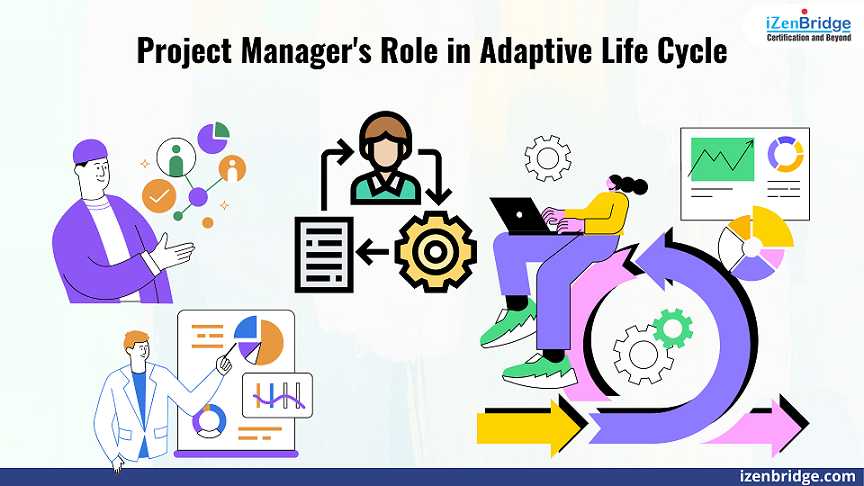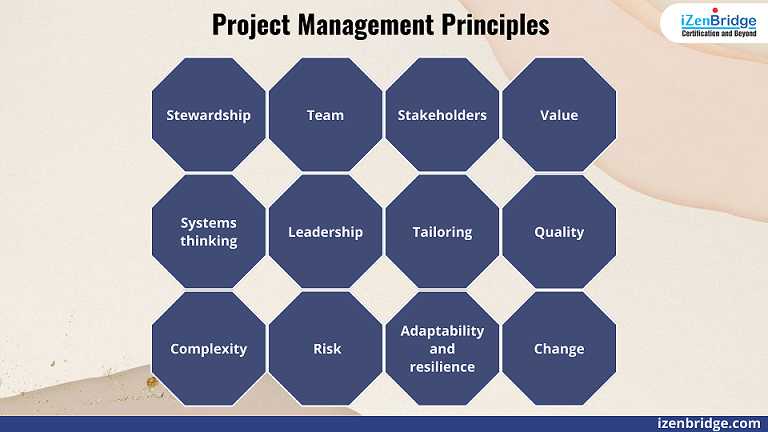

People preparing for the Project Management Professional (PMP) Exam often need clarification when studying Scrum as they don’t find the project manager’s role in it. However, the role of a project manager remains the same in an adaptive lifecycle as in any other project management approach. They are accountable for the project management aspects such as project costing, procurement, stakeholder management, communication, etc.
Confusion arises when the adaptive lifecycle involves Scrum. For example, people might wonder what the project manager is expected to do in the presence of a Scrum Master(SM) and Product Owner (PO). The scrum approach does not define the project manager’s role, but when Scrum is used inside the project, we do find organizations having Project Managers.
In an adaptive lifecycle, part of the project might follow the scrum approach, while the other part may follow a predictive lifecycle. Even if the entire project follows an adaptive approach, coordination and alignment across multiple teams are crucial, and that’s where the project manager steps in. The project manager’s role is to facilitate the project and resolve any hurdles that arise. They are not expected to override the existing Agile or Scrum roles like Scrum Master and Product Owner but to ensure that the complete project team is engaged.
For example, In the case of backlog prioritization, the product owner is still expected to prioritize the backlog items. The project manager’s role is to facilitate and resolve any issues that arise between the product owner and stakeholders. They may also coach and mentor the scrum master to ensure team-level collaboration.
In a large project involving multiple teams, the role of the project manager is crucial in ensuring overall accountability, achieving project goals, and maintaining alignment among the stakeholders. In a small project, the roles of a project manager and scrum master might overlap, but the project manager’s primary focus should be on overall facilitation and alignment.
From the perspective of PMI, examining twelve project management principles as elaborated in PMBOK® Guide Seventh Edition gives us a good outline of a Project Manager’s accountability and expected behaviour in projects irrespective of the lifecycle adopted in project execution. So here we review the 12 principles to understand the high-level role of a project manager.

1. Be a diligent, respectful and caring steward.
This principle emphasizes taking care of organization resources, communicating effectively, making ethical decisions, fostering a positive team environment, recognizing contributions, considering impacts, and continuously improving.
2. Create a collaborative project team environment
This principle emphasizes promoting open communication, encouraging teamwork, recognizing individual contributions, fostering a positive culture, promoting inclusiveness, and resolving conflicts fairly and respectfully.
3. Effectively engage with stakeholders.
This principle emphasizes regularly communicating with stakeholders, actively listening to their concerns, being transparent in decision-making, responsive to their needs, and building and maintaining positive relationships.
4. Focus on value
Focusing on value means prioritizing project outcomes that bring the most benefits and value to stakeholders, aligning project goals with business objectives, making/facilitating data-driven decisions, and continuously improving processes to maximize value delivery.
5. Recognize, evaluate, and respond to system interactions
Recognizing, evaluating, and responding to system interactions as a project manager involves understanding the interconnectedness of project elements, considering the impact of changes on the entire system, continuously learning, and proactively adapting the project plan/direction to optimize outcomes.
6. Demonstrate leadership behaviours
Demonstrating leadership behaviours as a project manager involves Setting a positive example, Communicating effectively, Inspiring and guiding the team, Making decisions with empathy, Promoting teamwork, and Fostering a culture of continuous learning and improvement.
7. Tailor based on context
Tailoring based on context as a project manager involves adapting leadership styles, communication strategies, and decision-making processes to fit each project and team’s unique needs and circumstances while balancing the need to maintain consistency and standards.
8. Build quality into processes and deliverables
Building quality into processes and deliverables as a project manager ensures the quality is designed and implemented rather than just inspected. Implementing and following established standards, continuously learning and improving processes, short feedback cycles, incorporating feedback, and ensuring that all project outputs meet or exceed stakeholder expectations.
9. Navigate complexity
Navigating complexity as a project manager involves analyzing and understanding complex systems and interdependencies, breaking down complex problems into manageable components, proactively identifying and mitigating risks, and making data-driven decisions to achieve project goals.
10. Optimize risk responses
Optimizing risk responses as a project manager involves identifying potential risks, assessing their impact and likelihood, developing contingency plans, continuously monitoring risk, and adjusting responses as needed to minimize negative impacts and maximize opportunities.
11. Embrace adaptability and resilience
Embracing adaptability and resilience as a project manager involves being flexible and open to change, continuously monitoring and adjusting the project plan, being proactive in identifying and mitigating risks, building a culture of continuous learning and improvement, and encouraging the team to adapt and recover quickly from setbacks.
12. Enable change to achieve the envisioned future state
Enabling change to achieve the envisioned future state as a project manager involves leading the team through a change process, effectively communicating the vision and benefits, engaging stakeholders, overcoming resistance, continuously learning and making adjustments as needed, and ensuring successful implementation and sustainability of change.
PMP Exam Tips:
In conclusion, the role of a project manager in an adaptive lifecycle is to facilitate the project, resolve any hurdles that arise, and ensure the overall accountability, alignment, and achievement of project goals. You should enrol on our PMP Exam Preparation program since our program not only makes you ready for PMP but also improves your project management skills for predictive and adaptive ways of working.